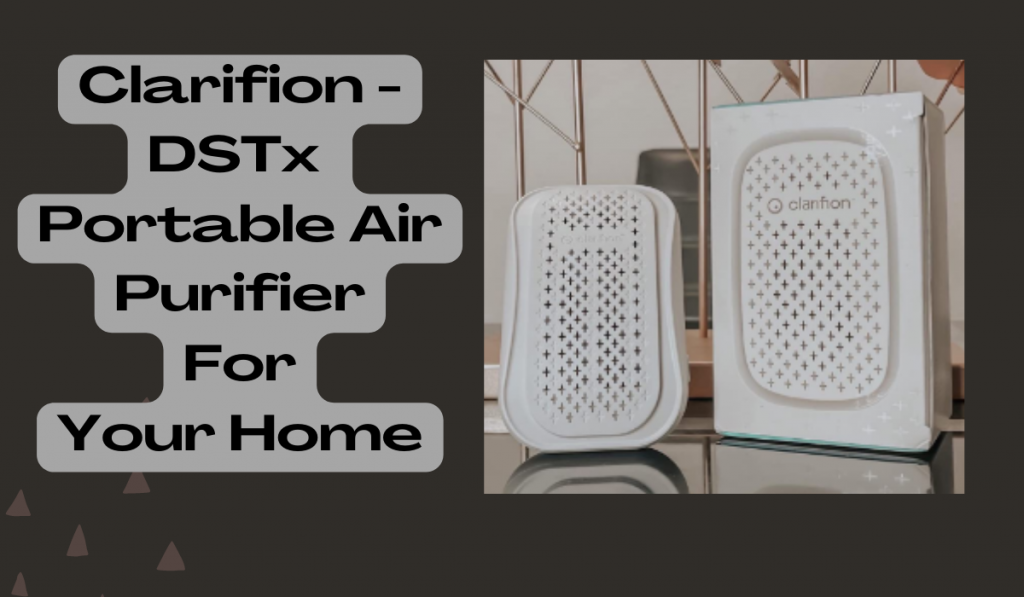As the temperature drops during the winter months, your home’s plumbing system faces unique challenges. Freezing temperatures can lead to a range of plumbing issues that can be both inconvenient and costly to repair. In this comprehensive guide, we will explore common plumbing problems that occur during winter and provide practical solutions to help you safeguard your home. Additionally, we will address issues beyond the winter season, such as how to repair a water-damaged ceiling. For professional assistance and quick solutions, visit www.quickdry.com.
The Threat of Frozen Pipes
Understanding the Risk: When water inside your pipes freezes, it expands and can cause the pipes to burst. This is a significant concern during cold winters, especially in regions with subfreezing temperatures.
To prevent frozen pipes, consider the following precautions:
Insulating Exposed Pipes
The Importance of Insulation: Insulating exposed pipes, especially those in unheated areas like basements, crawl spaces, and attics, is crucial. Insulation sleeves or heat tape can be used to keep pipes warm and prevent freezing. To explore professional solutions and further insights on home maintenance, visit www.riskfreeserv.com.
By taking this step, you can reduce the risk of frozen pipes and the subsequent damage they can cause.
Proper Home Heating
Maintaining Indoor Temperatures: During cold spells, it’s essential to maintain a consistent indoor temperature. Keep your thermostat set to a moderate level, even when you’re away from home. This helps ensure that the pipes inside your walls and floors remain warm.
Dripping Faucets
Preventing Frozen Faucets: Allowing faucets to drip slightly during very cold nights can help prevent freezing. The steady flow of water through the pipes reduces the chance of ice buildup and pipe rupture.
While this may result in a slightly higher water bill, it’s a small price to pay compared to the cost of repairing burst pipes.
Sealing Cracks and Gaps
Sealing Drafts: Cold air infiltration can contribute to freezing pipes. Inspect your home for drafts, cracks, and gaps around doors, windows, and walls. Seal these openings to prevent cold air from entering your home and affecting your plumbing.
Thawing Frozen Pipes
Acting Quickly: If you suspect that a pipe has frozen but hasn’t burst, it’s crucial to thaw it as soon as possible. Use a hairdryer, heat lamp, or heating pad to gently warm the affected area. Never use an open flame or excessive heat, as this can damage the pipe.
Burst Pipe Emergencies
Shutting Off the Water: In the unfortunate event of a burst pipe, it’s essential to know how to shut off the water supply to your home. Locate the main shut-off valve and turn it off immediately to minimize water damage. Consider placing a wrench near the valve for quick access.
Protecting Outdoor Plumbing
Winterizing Outdoor Faucets: Don’t forget to winterize your outdoor plumbing as well. Disconnect and drain garden hoses, and install frost-free hose bibs if they are not already in place. Cover outdoor faucets with insulating sleeves or faucet covers.
Water Heater Maintenance
Maintaining Proper Temperature: Your water heater works harder during the winter to provide warm water. Check its temperature setting to ensure it’s around 120 degrees Fahrenheit (49 degrees Celsius). This setting is both safe and energy-efficient.
Professional Plumbing Inspection
Scheduled Inspections: Consider scheduling a professional plumbing inspection before the winter season arrives. A licensed plumber can identify vulnerable areas in your plumbing system, offer recommendations, and make necessary repairs or adjustments.
Winter plumbing issues are a common concern, but with proper preparation and proactive measures, you can minimize the risk of frozen pipes and other cold-weather problems. Insulate pipes, maintain indoor temperatures, and be vigilant in detecting and addressing plumbing issues promptly.
By following these guidelines and seeking professional help when needed, you can ensure that your plumbing system remains functional and reliable throughout the winter months, providing you with peace of mind and a warm, comfortable home.
James Martin is a passionate writer and the founder of OnTimeMagazines & EastLifePro. He loves to write principally about technology trends. He loves to share his opinion on what’s happening in tech around the world.


